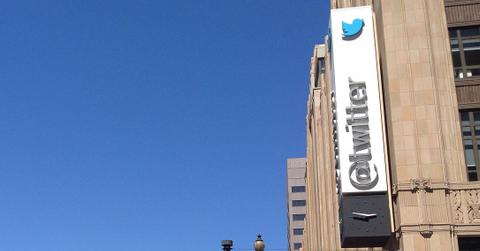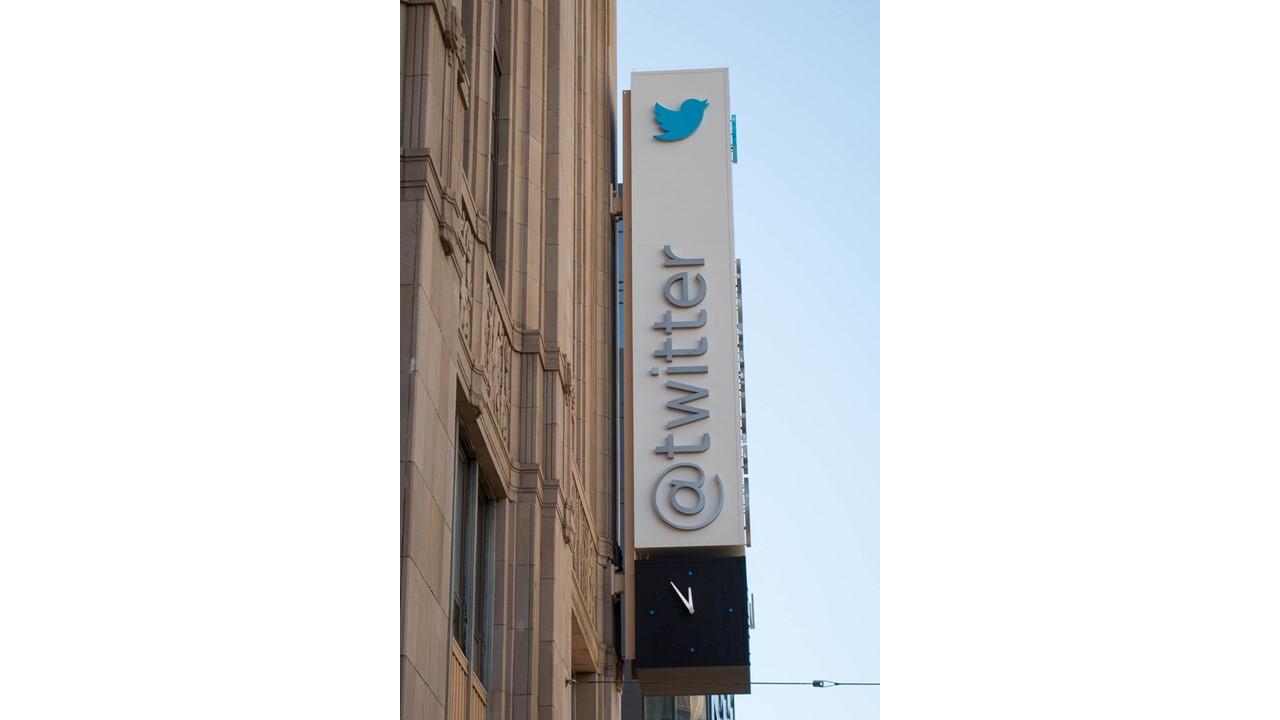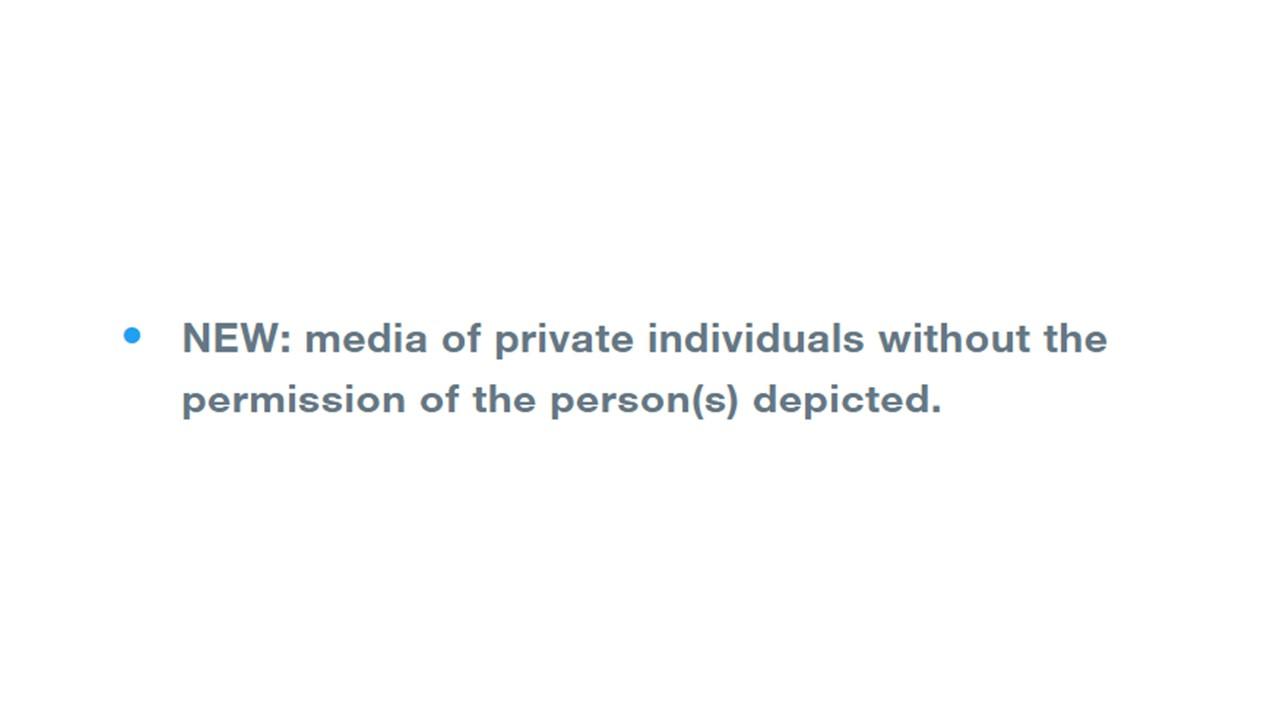What to Expect with Twitter's Controversial Privacy Policy Changes
With Jack Dorsey on the outs, Twitter is making big changes, first and foremost to its privacy policy. Here's what to expect with Twitter's privacy policy changes.
Dec. 2 2021, Published 10:29 a.m. ET
Parag Agrawal isn't wasting any time. As the brand-new CEO of Twitter following founder Jack Dorsey's departure, Agrawal is already instituting big changes, namely a major update to Twitter's privacy policy.
What's new about Twitter's privacy policy and why is it causing so much controversy for the newly steered platform?
Twitter announces new privacy policy—here's what it says.
On Nov. 30, the Twitter Safety team shared a tweet that said, "Sharing images is an important part of folks' experience on Twitter. People should have a choice in determining whether or not a photo is shared publicly. To that end we are expanding the scope of our Private Information Policy."
Basically, the updated privacy policy has expanded to include media (including images, videos, and memes), which means that users need express consent from people depicted in media in order to share it. Media without any abusive content can still be removed if the person depicted doesn't expressly agree they can share it. On that front, Twitter added "media of private individuals without the permission of the person(s) depicted" to the list of policy violations.
Why is Twitter's new privacy policy controversial?
The outrage over Twitter's new privacy policy goes far beyond memes. While they're a crucial part of the Twitter conversation, the real controversy involves social justice.
One user pointed out that videos depicting the murders of Ahmaud Arbery and George Floyd wouldn't have been able to go viral and spark social change under Twitter's new guidelines. In these cases, the murderers wouldn't have likely given express consent.
Also, people are worried that sharing videos and information about the Jan. 6 insurrection at the Capitol would have been limited. This would have made it more difficult for the FBI to search for criminals.
Other people are worried that missing children and adults won't be able to give express consent for their images to be shared on Twitter, which could hinder the search process.
All that sounds pretty serious, but even memes or videos depicting people can't be shared under the new guidelines, which ultimately limits their virality.
These are all potential situations, but Twitter's rules hypothetically say none of this would be allowed.
Why Twitter's new privacy policy is confusing.
The confusing thing about the new privacy policy is that Twitter uses media to refer to both private and mainstream media, even though they treat the two differently.
Twitter does make an exception for media that could "add value to the public discourse" or "contain eyewitness accounts or on the ground reports from developing events." This adds subjectivity to the new policy that could allow many of the social justice posts to live on, but it isn't a sure thing. Ultimately, it's up to Twitter's privacy team to make those decisions. Although publicly traded, Twitter is a non-governmental company, and its privacy policy is entirely up to the company itself.



